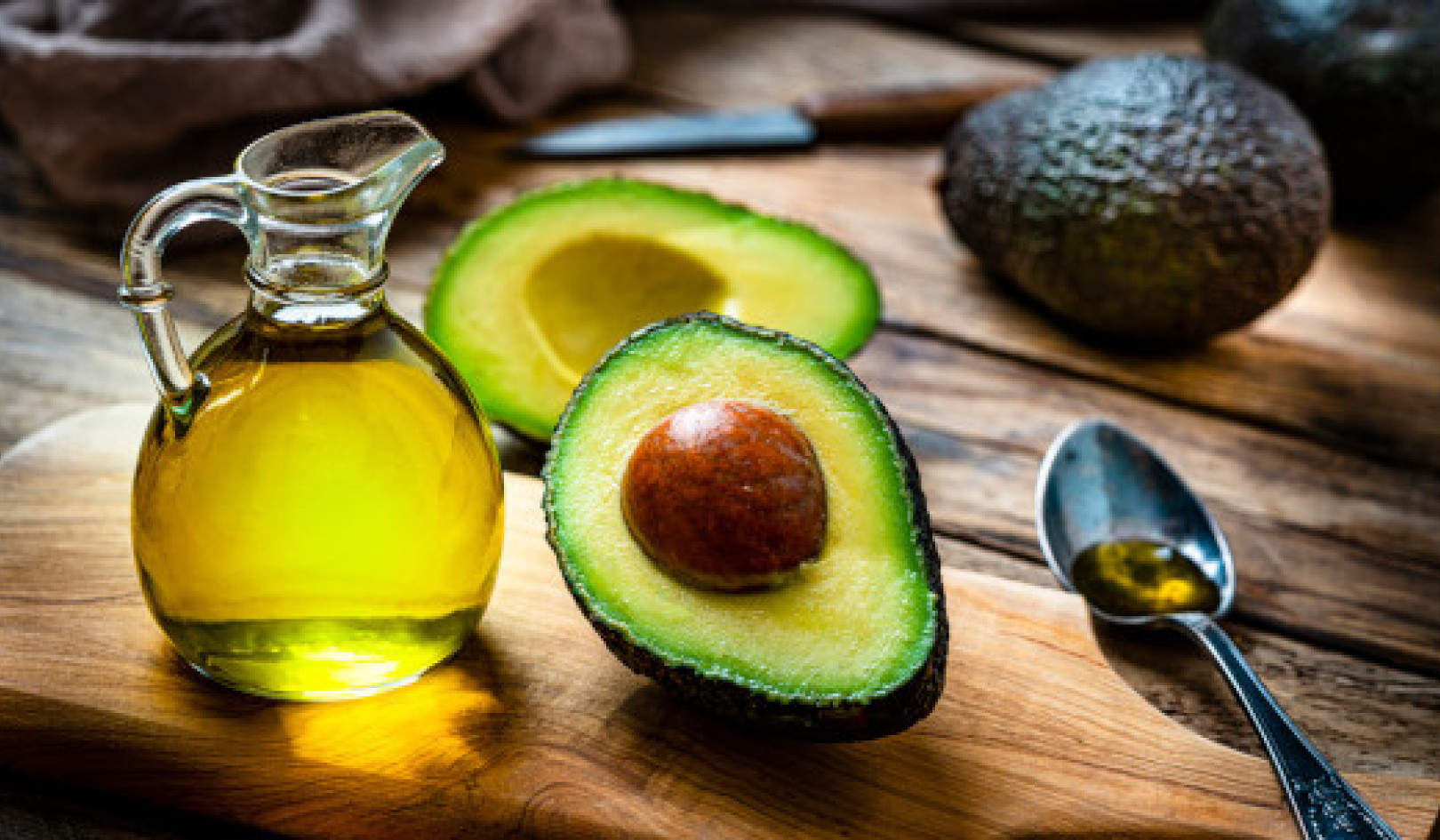Candida albicans why write a book on an organism that is present in the gut of nearly every individual soon after birth, a yeast commonly thought to be responsible for little more than irritating skin rashes or infections of the mouth or vagina? The answer is that 20th-century living is slowly changing the human immune system. The environment, prescribed drugs (including the Pill), street drugs, the ever-increasing consumption of alcohol, junk food, additives, sugar, and the pace of modern living, all have had a negative impact on our immune systems. And, a healthy gut is a key factor in maintaining the immune system. The intestines need to be like a balanced ecological system; they need an environment where there are enough good bacteria to attack harmful bacteria, keeping the growth of fungus (yeasts) at bay.
What an Overgrowth of Candida Can Do
When candida or other harmful yeasts proliferate, they block the sites of the bowel where the enzymes necessary for the breakdown of food inhabit. This results in poor digestion, food intolerance, bloating, and altered bowel habits. An overgrowth of candida in the colon can also inhibit the absorption of essential nutrients, creating vitamin and mineral deficiencies. In addition, the vitamins normally manufactured in the bowel cannot be produced when the colon is in this state, and thus the problem is compounded.
When there is a proliferation of candida, it can change from its simple form, which looks like a microscopic fried egg, to a complicated invasive form which grows tentacles that can penetrate the bowel wall. This not only allows the toxins produced by candida to circulate, but also gives the organism transportation to other parts of the body where infections can arise, resulting in any of the following symptoms:
chronic fatigue
food intolerance
PMS
sinus infections
ear infections
food cravings
chronic cystitis
yeast and other vaginal infections
hormonal imbalance
fluid retention
sore throats
inflammation of the digestive tract
infections of the penis and scrotum
chest problems
skin problems
allergies
nail-bed infections
muscle and joint pains
athlete?s foot
being underweight
obesity and an inability to lose weight on a low-calorie diet
The toxins from candida can also cause severe psychological symptoms such as agitation, mood swings, anxiety, insomnia, and depression.
The Medical Argument
Because of a general lack of awareness about candida, and the diversity of symptoms, some of which could be interpreted as hypochondriasis, the long-term candida sufferer often endures endless tests without the condition ever being diagnosed. If treatment is given it is often in the form of antibiotics, which only aggravate the symptoms. Or more than likely the patient is told, ?This is only your nerves ? why not take a vacation??
Some doctors believe there is no foundation for chronic candidiasis. Others believe the abdominal symptoms may be the result of fermentation in the gut. (Fermentation, as any amateur brewer knows, needs yeast!) Two physicians, O. C. Truss and William Crook, believe that candida can cause widespread problems in the body and have done much to raise ?candida consciousness?, both in the medical profession and among sufferers. Generally, however, real understanding of the ever-growing fungal problem is in its infancy.
My experience leads me to believe that any condition that the average doctor has not studied in medical school does not exist in his or her mind. In saying that, please do not think I do not respect the medical profession. I have met many doctors who are open-minded, who use their own intuitive knowledge, and who let their patients fully express their intuitive feelings about their own bodies before they reach for the prescription pad. I am not anti-drug, but I am very much against some of the lethal pharmacological cocktails commonly prescribed in these pills-for-all-ills days. I am also concerned about the endless repeat prescriptions for safe drugs, such as medications for gastric ulcers. I have seen too many prescribed-drug-damaged people, and, in the case of candida, I have seen too many people who face their doctors with a chronic condition that is a result of drug treatments.
What Is Fungus?
The fungi family include molds, mushrooms, yeasts, and rusts. They are simple plants that lack chlorophyll and are either parasitic, living off live matter, or saprophytic, living off dead matter.
Fungus consists of a mass of fine threads from which branches grow upward. Spores are released from spore cases at the end of each branch. These grow into a new ?individual? and can be carried by the wind. Fungi are all around us: in our bodies, in the soil, and in the air. Some are helpful to us for digestion, baking, brewing, and producing antibiotics; others are responsible for disease in humans, animals, and plants.
Yeasts are single-cell organisms that reproduce by budding (the formation of a small outgrowth that grows and breaks off) and possess enzymes capable of converting sugar into ethanol (alcohol). This process, fermentation, causes the release of carbon dioxide. (In breadmaking, the dough ?rises? because of this gas.) Other products of fermentation include citric acid, oxalic acid, and butyric acid. These acids are formed by certain bacteria.
Is It Only Candida that Causes Problems?
No. The fungi that cause infections are too numerous to mention, but for the purpose of this article the term fungus is used except where the yeast Candida albicans is known to be the culprit. If the body is weakened by an overgrowth of candida in the bowel other fungi can intrude, and the virulence of some of the harmful bacteria can also increase.
What Can I Do to Cope with Fungal Infections?
Clean the colon
Stop feeding the fungus through a proper diet
Kill the fungus, with drug or non-drug antifungal agents
Replace with good bacteria in the gut using probiotics
Boost the immune system with nutritional supplements
Boost the immune system by taking care of your general health
This article was
excerpted from

"Candida: A Natural Approach"
by
Shirley Trickett & Karen Brody
Info/Order this book
About The Author
A freelance writer, Karen Brody was diagnosed with candida in 1990 and subsequently studied the relationship between food and healing at the Natural Gourmet Cookery School in New York. A trained nurse, Shirley Trickett is the author of Panic Attacks: A Natural Approach and Anxiety and Depression: A Natural Approach. This article was excerpted with permission from "Candida: A Natural Approach" published by Ulysses Press. Ulysses Press/Seastone Books are available at bookstores throughout the US, Canada, and the UK, or can be ordered directly from Ulysses Press by calling 800-377-2542, faxing 510-601-8307, or writing to Ulysses Press, PO Box 3440, Berkeley, CA 94703, email
























